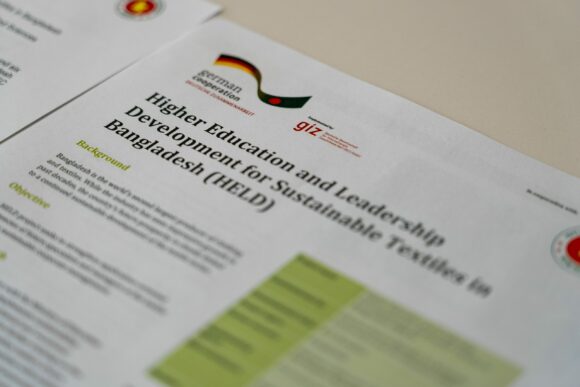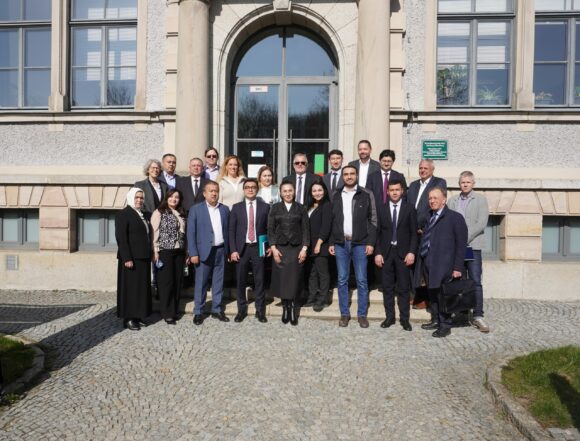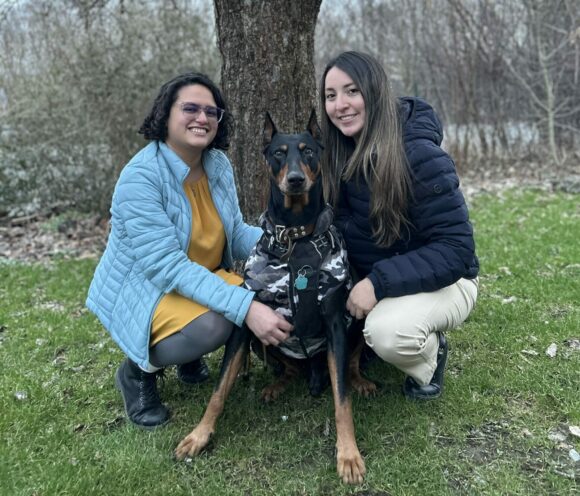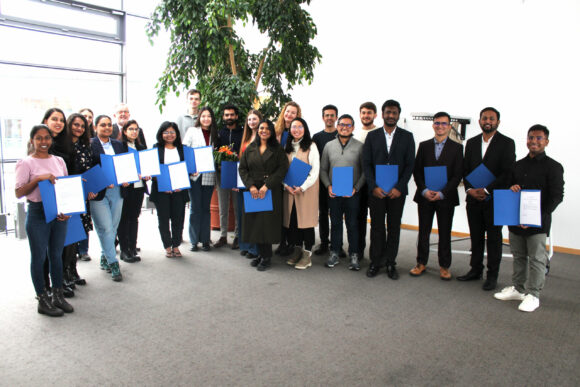Prof. Dr Matthias Drossel, head of the Cross Cultural Nursing Practice Master’s degree programme, recently went on a four-day trip to Tunisia together with Michael Weiß-Gehring and Saif Abdellatif from Flegisto, who help international nurses to find work opportunities in Upper Franconia and are experts on the Tunisian region. The aim of the trip was, on the one hand, to establish cooperation in research and teaching and, on the other, to precisely analyse the skills of the international nursing staff, in this case from Tunisia.

“Mr Weiss-Gehring, Managing Director of Flegisto, has supported our Cross Cultural Nursing Practice M.Sc. project and the skills analysis from the very beginning,” explains Prof. Dr Matthias Drossel. The CCNP degree programme can be studied in Hof over the course of four semesters.
The trip travelled from the Algerian border to Sousse to the Institut Supérieur des Sciences Infirmières du Kef of the Université EL AMED and the Institut Supérieur Privé des Sciences Infirmières de Sousse. The trip focussed on guest lectures and discussions about closer cooperation in the areas of teaching, mobility and research. In addition, the competences – i.e. the skills and knowledge that international nurses bring with them – were examined.
Germany is confronted with double demographic effects. On the one hand, there are more older people and the likelihood of needing care is increasing. On the other hand, there are too few births and consequently too little potential for trainees. Furthermore, the Nursing Studies Strengthening Act and the Nursing Competence Strengthening Act follow exactly the same path that has long been normal in many countries: all qualification levels are needed in nursing, including the academic path. Tunisian nursing staff offer the perfect starting point here with their bachelor’s degree and skills.
Prof. Dr Matthias Drossel, Head of the CCNP degree programme
This could make a small contribution to the shortage of skilled labour. By 2032, this is expected to increase to at least 500,000 nursing staff shortages. “The integration of Tunisian specialists can succeed with the right concept and approach,” he adds.
Digital aids in the healthcare sector
During their trip to Tunisia, Prof Dr Drossel and his team not only gained insights into the diverse aspects of the healthcare system there, but also gave interesting guest lectures on virtual reality (VR) and simulations in the healthcare sector. These technologies are creating new opportunities in nursing training and practice. Virtual reality and immersive technologies can be used as an effective tool for simulating realistic scenarios. Processes and procedures of complex situations can be practised so that critical decisions can be made more easily.
This is combined with learning enjoyment and edutainment.
Daniel Gläßel, student
The cooperation with STELLDIRVOR made this possible – many thanks to Theda Ockenga and her team.







